Broadband Breakfast on March 27, 2024 – Generative AI and Congressional Action
How might regulation of artificial intelligence factor into the national storyline?
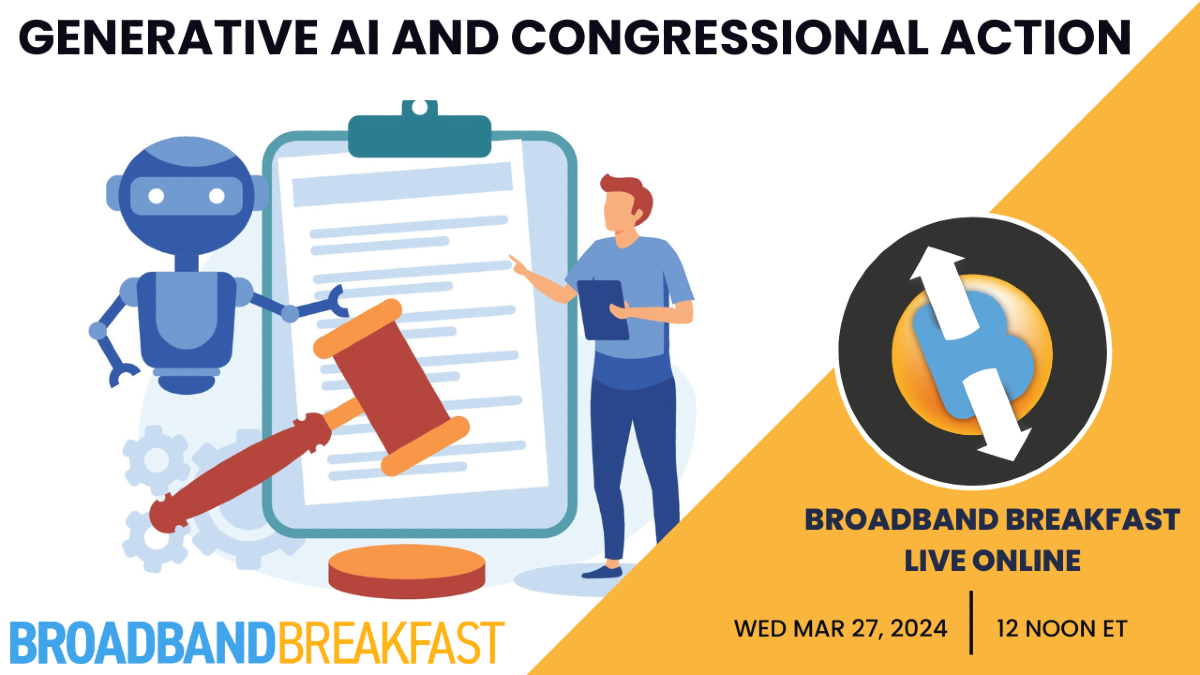
As generative AI capabilities quickly get woven into the fabric of daily life and business practices, the debate around regulating this disruptive technology has been catapulted into the public eye. What is happening with President Biden's October 30, 2023, Executive Order on AI? How might regulation of AI factor into the national storyline in an election year? What legislative measures are in the pipeline for Congress?
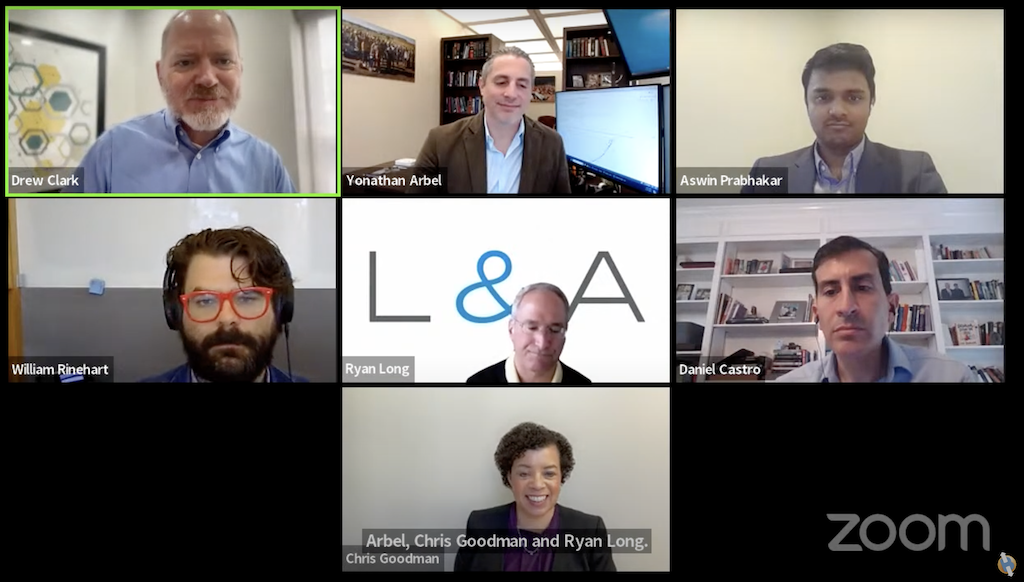
Panelists
- Daniel Castro, Vice President, Information Technology and Innovation Foundation
- Aswin Prabhakar, Policy Analyst, Information Technology and Innovation Foundation
- Will Rinehart, Senior Fellow, American Enterprise Institute
- Yonathan Arbel, Professor of Law, University of Alabama
- Chris Chambers Goodman, Professor of Law, Pepperdine Caruso School of Law
- Ryan E. Long, Principal, Long & Associates PLLC
- Drew Clark (moderator), Editor and Publisher, Broadband Breakfast
Panelist resources
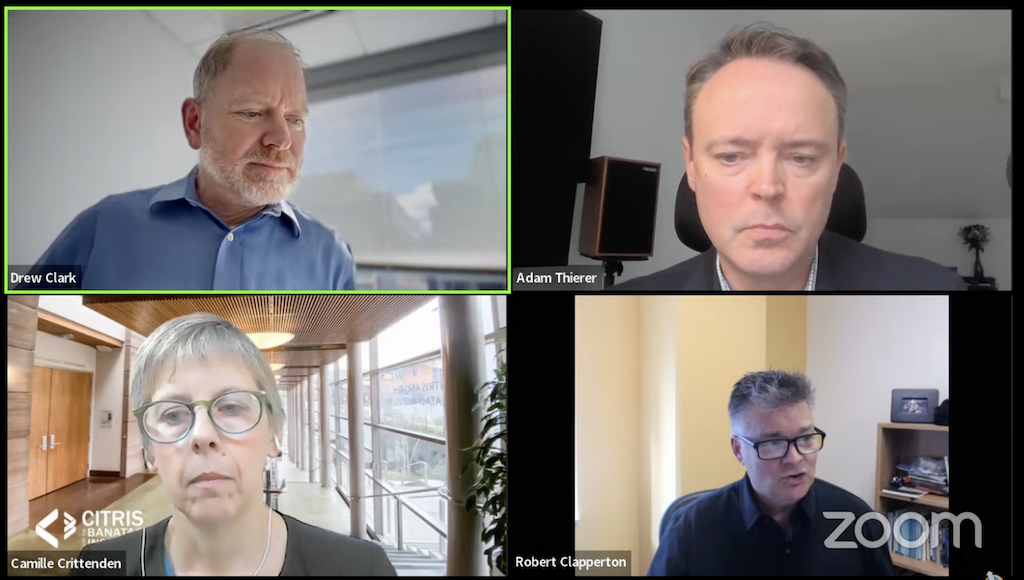
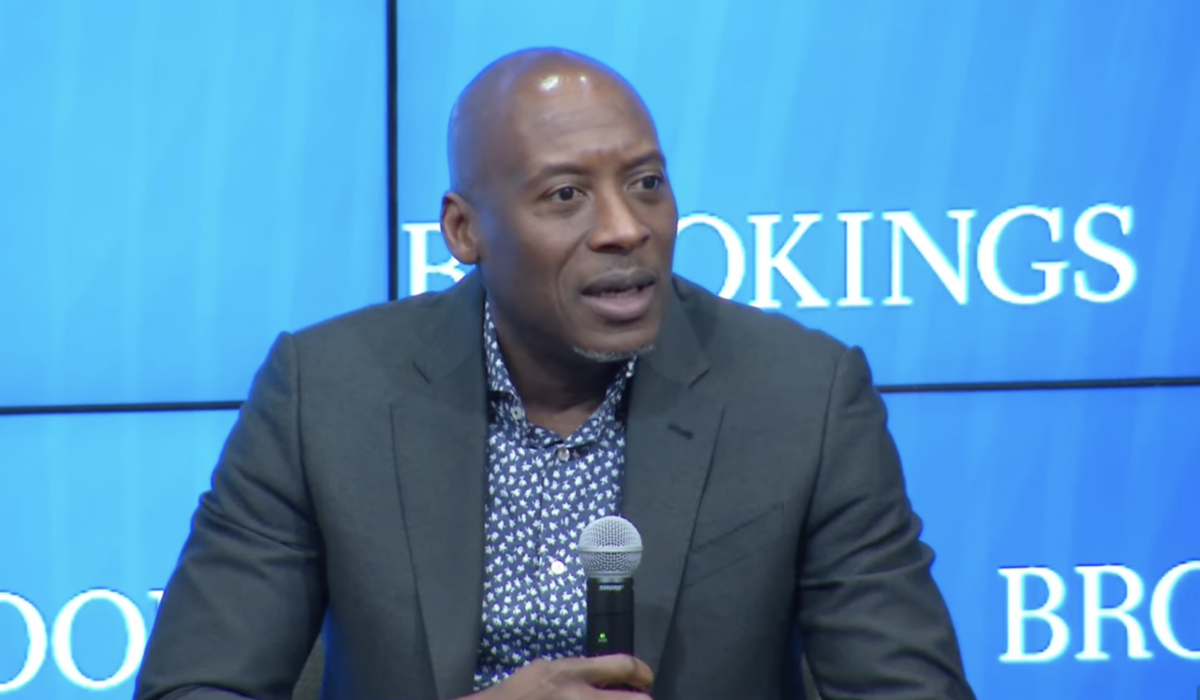

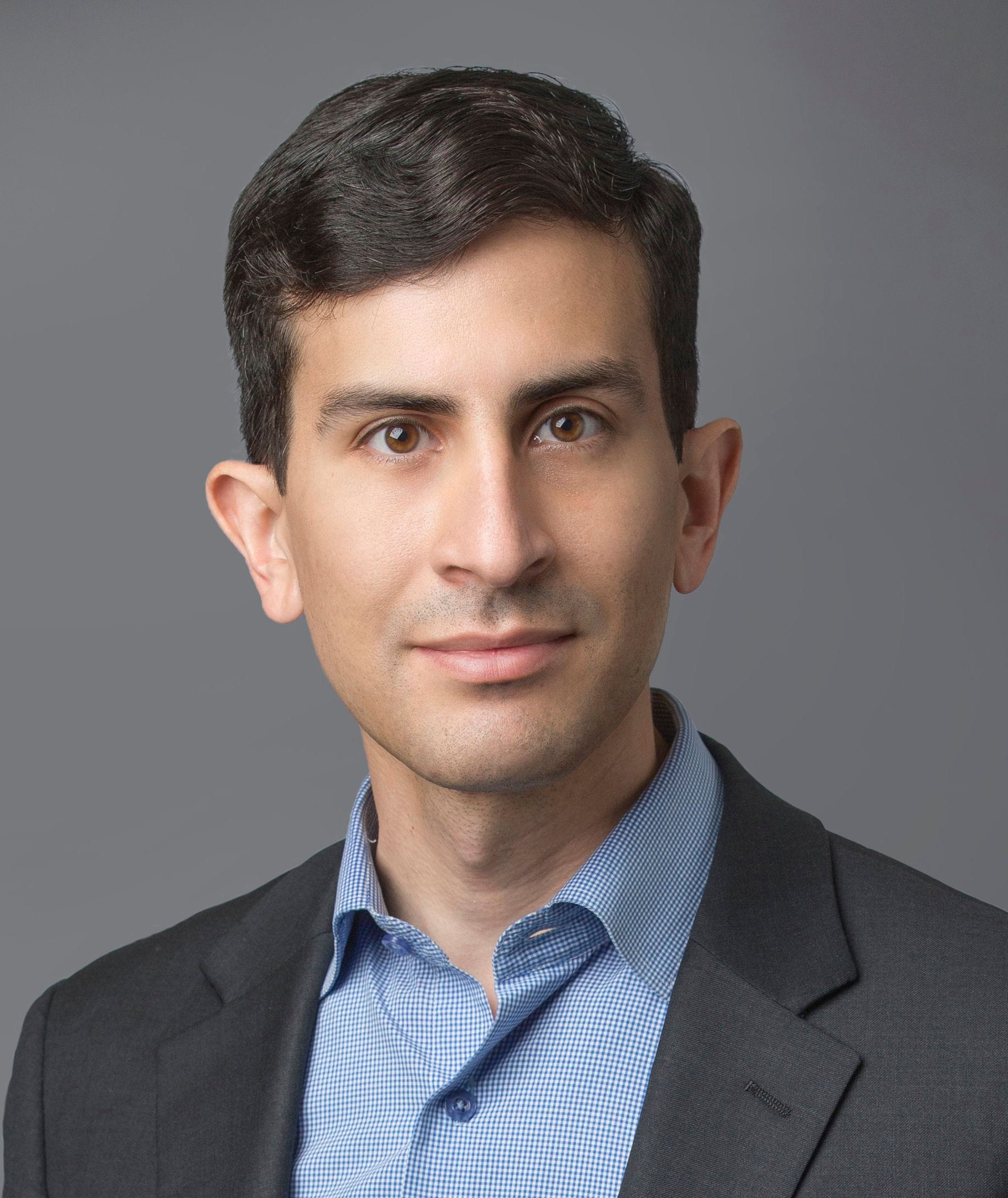
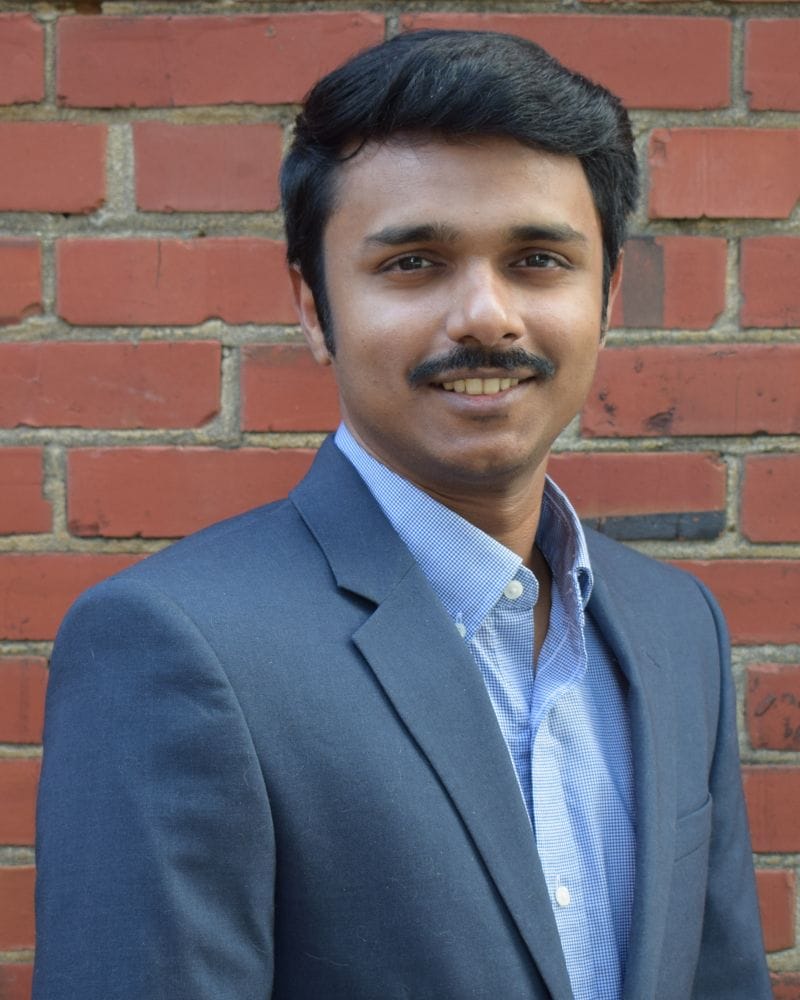
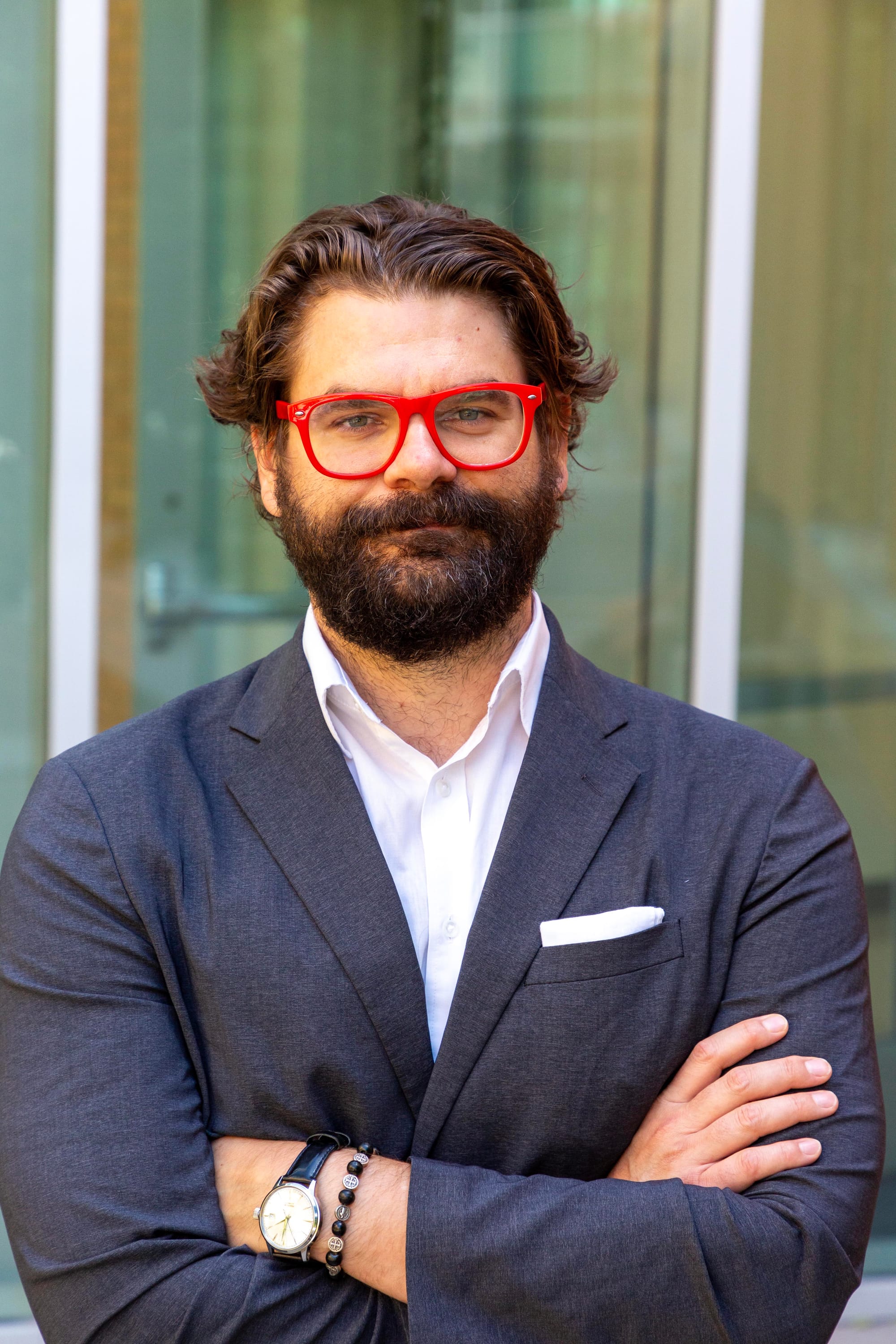
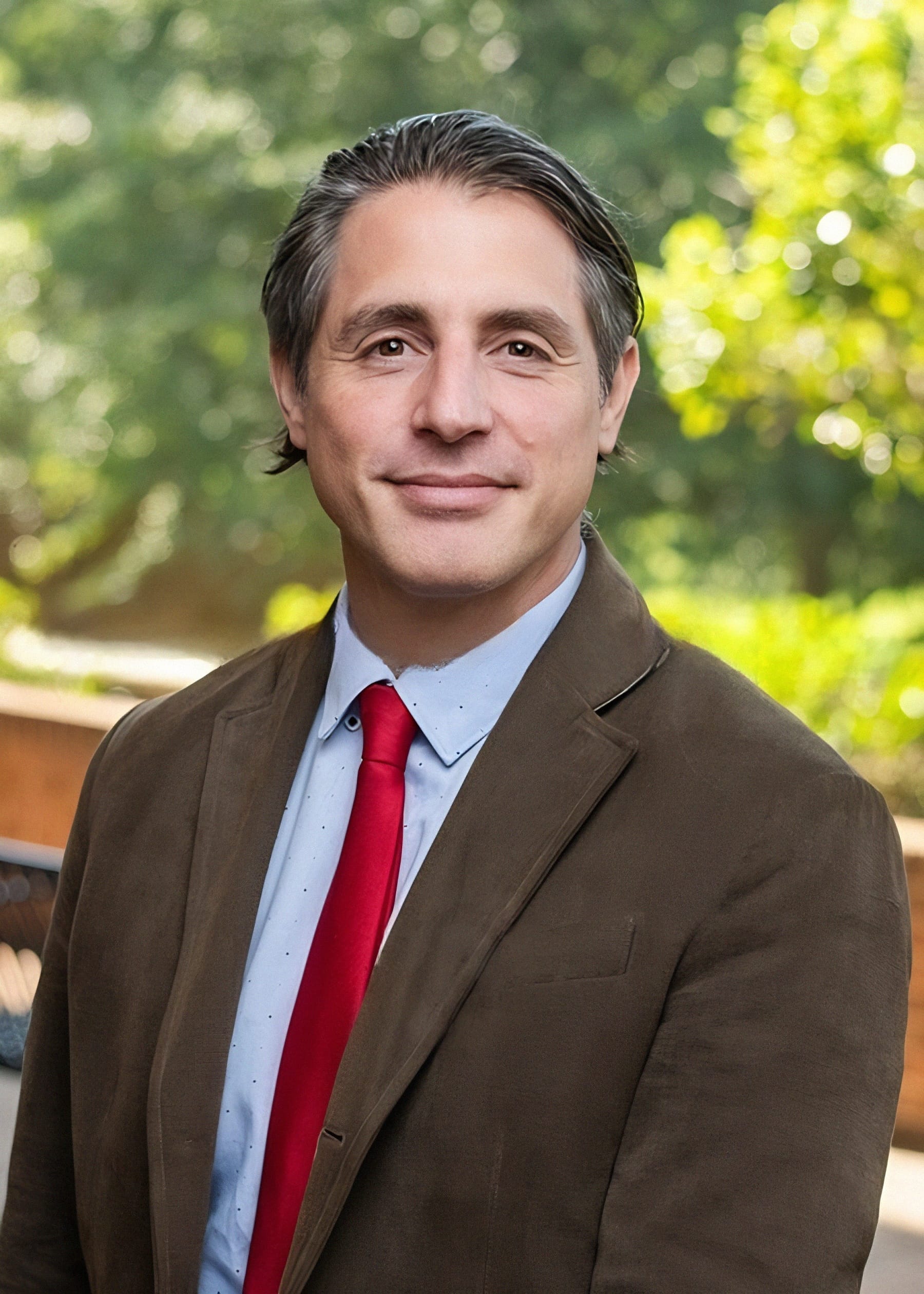
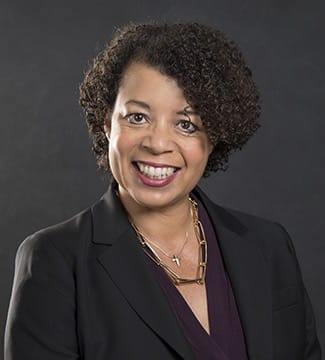
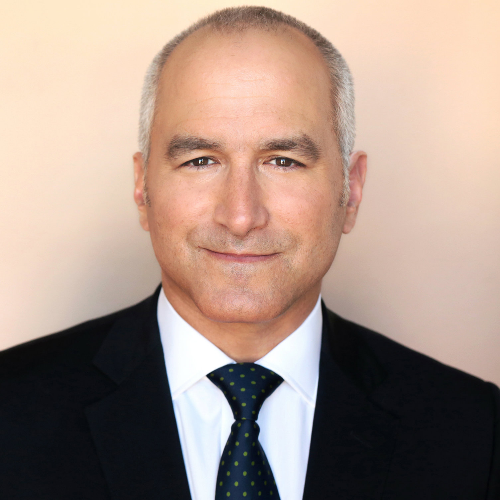
Daniel Castro is vice president at the Information Technology and Innovation Foundation and director of ITIF’s Center for Data Innovation. Castro writes and speaks on a variety of issues related to tech and internet policy. In 2013, Castro was named to FedScoop’s list of the “top 25 most influential people under 40 in government and tech.”
Aswin Prabhakar is a Policy Analyst at the Information Technology and Innovation Foundation. He was previously a James Buchanan Fellow at George Mason University, where he earned a master’s degree in economics. His research primarily focuses on the policy implications of emerging technologies, examining issues surrounding AI governance and analyzing competition policy concerns.
Will Rinehart is a Senior Fellow at the American Enterprise Institute and author of the Techne newsletter at The Dispatch. Rinehart previously served on the Federal Communications Commission’s Broadband Deployment Committee and Consumer Advocacy Committee, and he is currently on the Program Committee for the Technology Policy Research Conference.
Yonathan Arbel is the Silver Associate Professor of Law at the University of Alabama, and a co-director of CLAIR, the Center for Law & AI Risk. He is a co-author of Systemic Regulation of Artificial Intelligence (Forthcoming, 2024, Arizona State Law Journal) and Generative Interpretation (New York University Law Review, 2024).
Chris Chambers Goodman is a Professor of Law at Pepperdine Caruso School of Law, and a member of the American Law Institute. She researches and writes on equal protection topics, including implicit bias, algorithmic bias, affirmative action, preferences, diversity and racial privacy, as well as evidentiary issues. Her recent law review article, AI, Can You Hear Me? addresses potential constitutional violations when government actors use AI technologies.
Ryan E. Long is an experienced tech/media attorney. In addition, he is a Stanford Law School Center for Internet and Society non-residential fellow. For over 17 years, he has been solving tricky intellectual property related issues for clients including ex-Google privacy researcher Dr. Martin Shelton. Along the way, he has written for, or has been interviewed by, the likes of TechCrunch about legal issues such as the difficulty of early-stage AI company evaluation.
Breakfast Media LLC CEO Drew Clark has led the Broadband Breakfast community since 2008. An early proponent of better broadband, better lives, he initially founded the Broadband Census crowdsourcing campaign for broadband data. As Editor and Publisher, Clark presides over the leading media company advocating for higher-capacity internet everywhere through topical, timely and intelligent coverage. Clark also served as head of the Partnership for a Connected Illinois, a state broadband initiative.





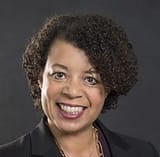
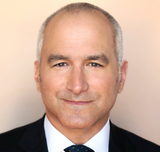









Member discussion